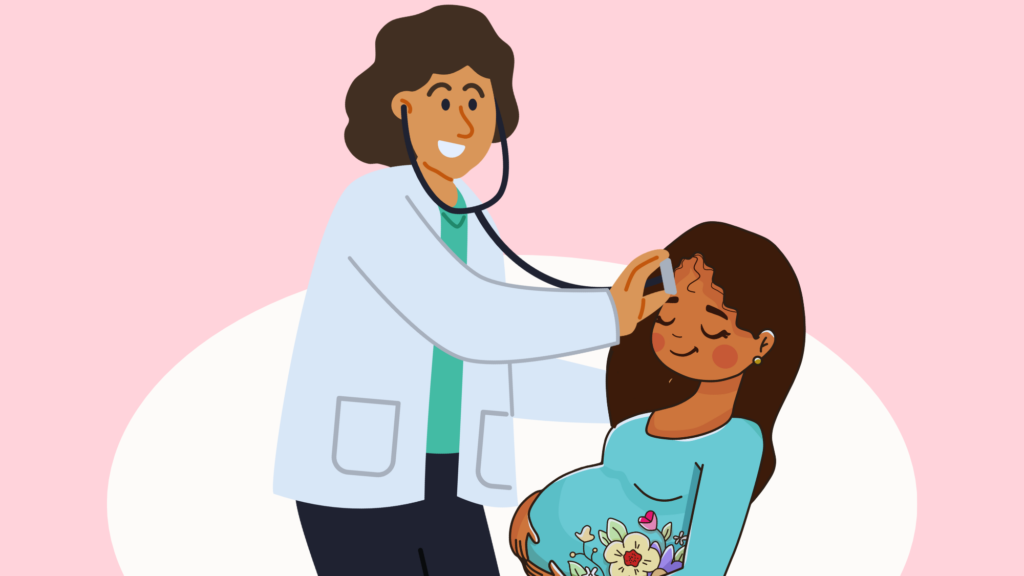Celebrating Moms
We celebrate moms all during the month of May. We celebrate moms for their sacrifice, their undying love, and their devotion to their children.
And by moms, we mean anyone with a huge heart to care for little ones.
We see you biological moms, stepmoms, bonus moms, grand moms, guardian moms, foster moms, adopted moms, aunty moms, and all the moms who put the needs of children – however they came into the world – first.
But did you know that new moms can suffer from mental health issues too?
While moms are seen as the biggest champions for their children. Sometimes, it’s the moms who need some championing themselves.
Mental health issues that onset following childbirth or the arrival of a child are grouped under a term called postpartum depression (PPD).
What do we know about postpartum depression (PPD)?
PPD is defined as a “major depressive episode with the onset of pregnancy or within 4 weeks of delivery”.
If you or someone you know is suffering from PPD, know that you are not alone. Don’t wait. Get help.
When does PPD happen?
Typically, symptoms of PPD first appear within 4 – 6 weeks following childbirth. Racial disparities can have a profound effect on when symptoms first appear.
What does PPD feel like?
Typical symptoms include:
- Depressed mood
- Low interest in daily routine activities
- Insomnia
- Agitation
- Guilt
- Low energy or fatigue
- Suicidal thoughts
- Inability to concentrate
- Noticeable weight gain
What are the risk factors for PPD?
Several risk factors have been associated with PPD including:
- History of depression
- High-risk pregnancy and/or emergency C-section
- Lack of social support
- Lifestyle habits including eating and physical activity
Where can you get help to help manage the symptoms of PPD?
Unfortunately, a mother may not have a robust social network at her disposal to talk about the changes she’s experiencing after childbirth. However, it’s important, especially as a new mom, to stay connected to your community.
This starts with being as honest as you can with the nurses, doctors, midwives, doulas, and other birthing support medical staff who you interact with. They can be critical in getting you connected with the resources that you need for your unique situation.
So this Mother’s Day, consider really checking in with your mom, and the moms around you. You never know what she may be going through. A quick check in, text or phone call may be all a mother, and especially a new mom needs to make it through her day.

